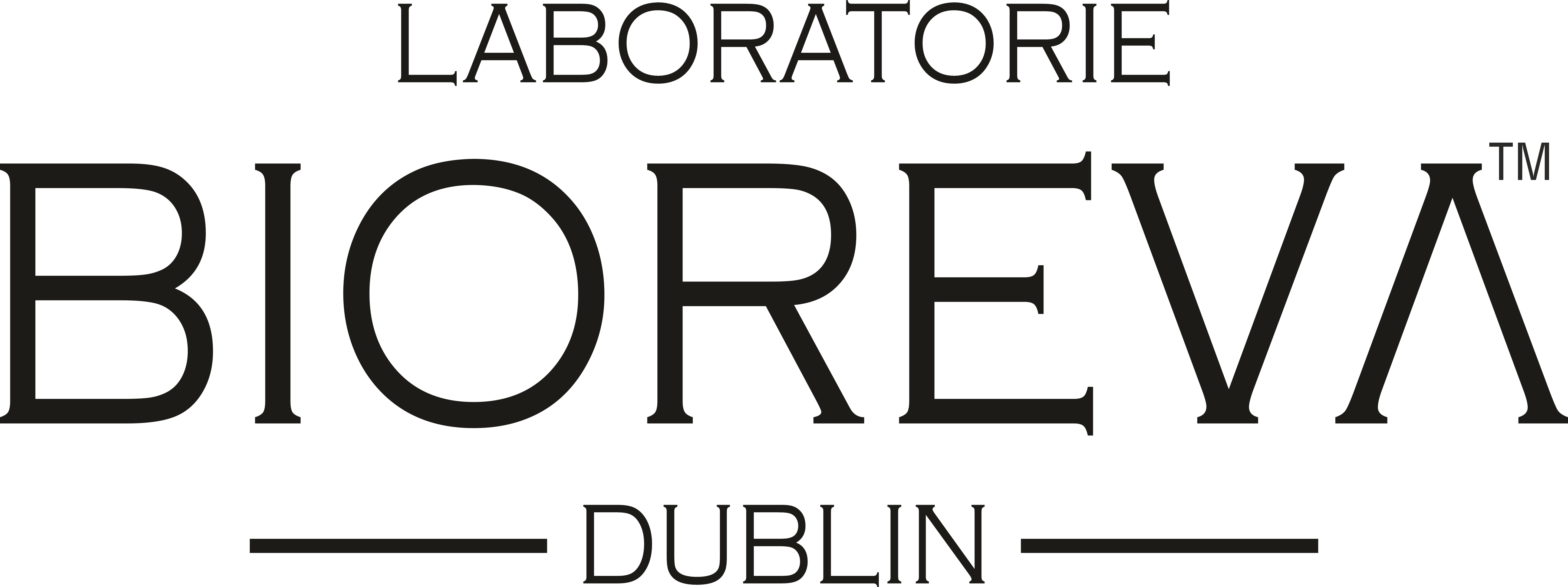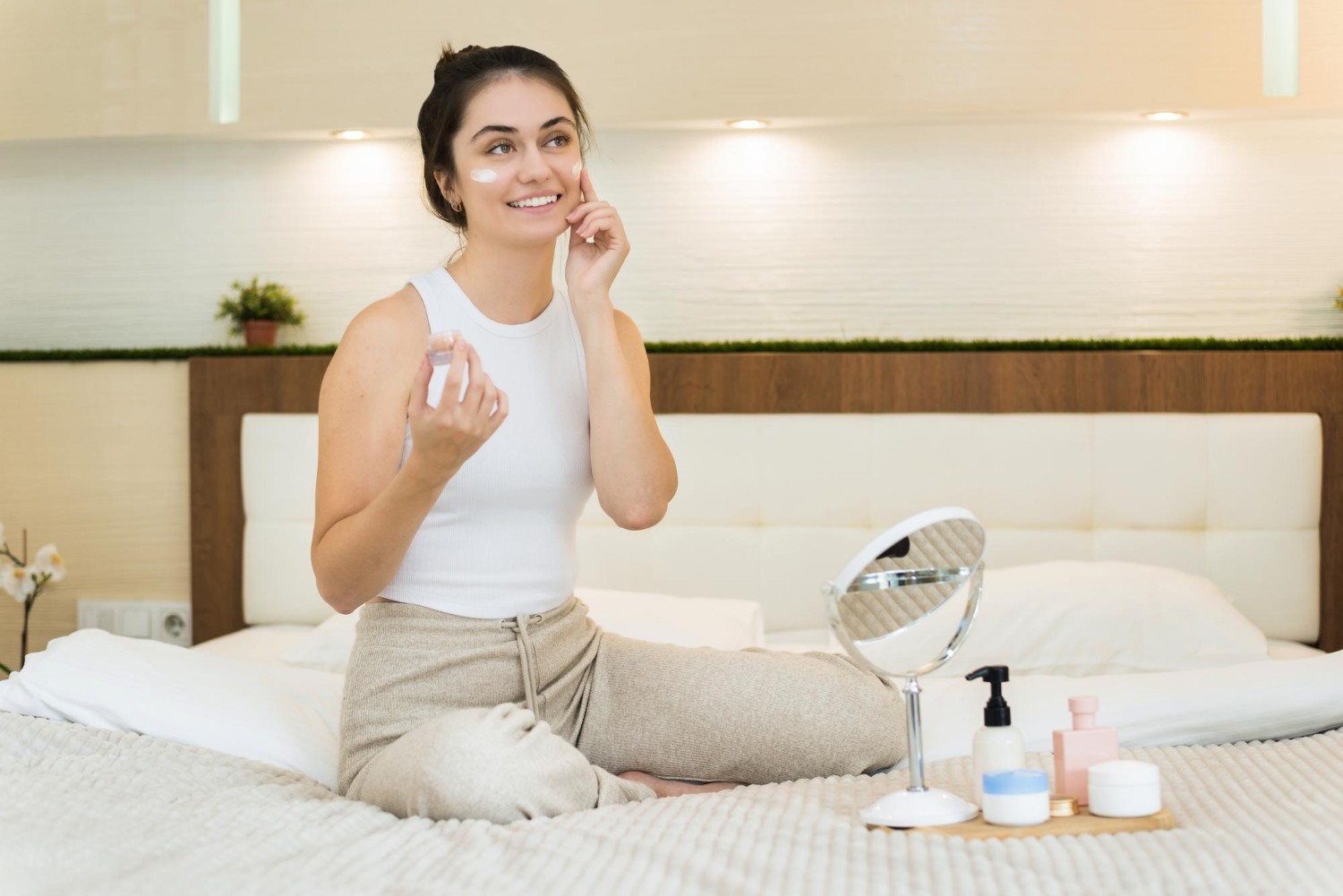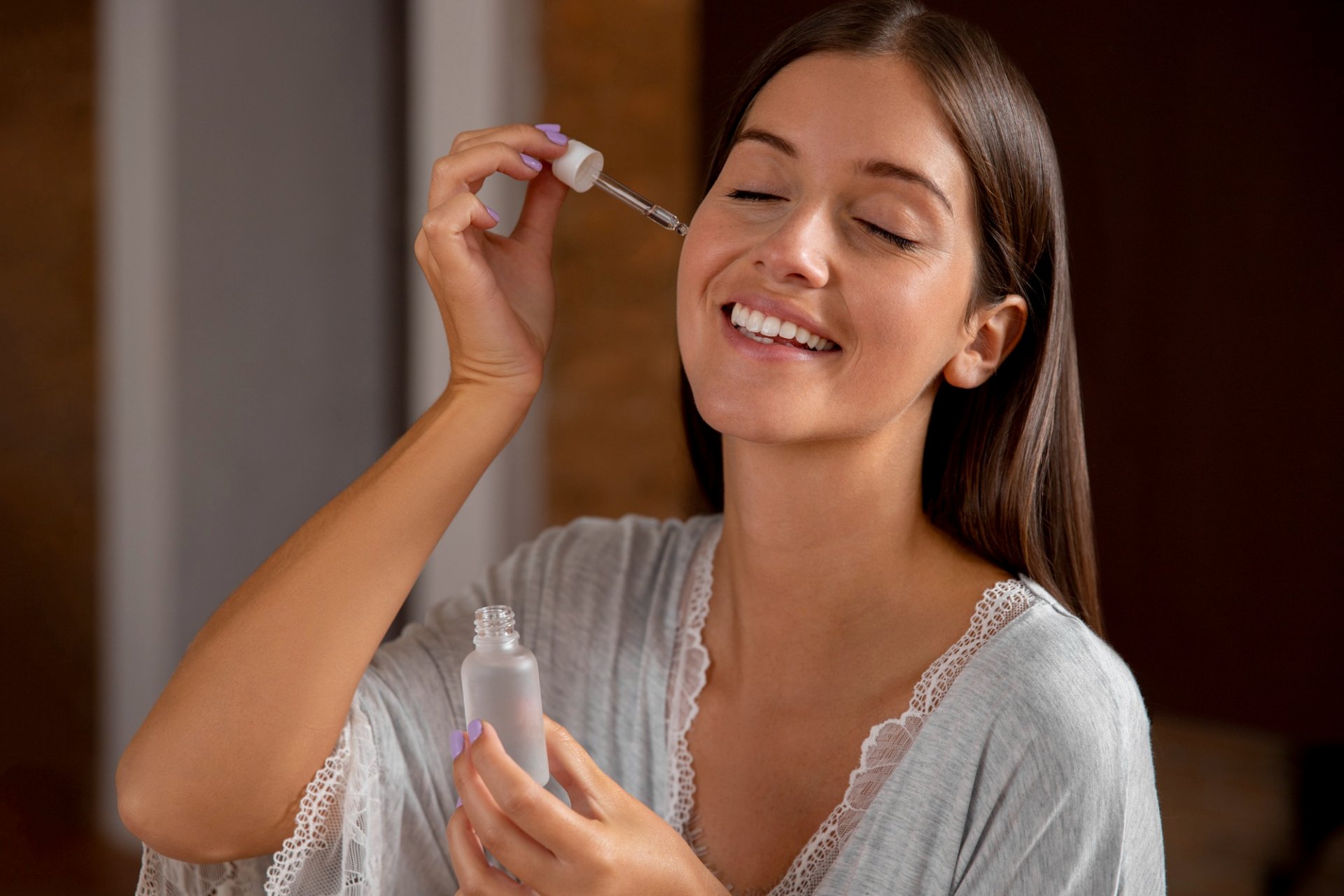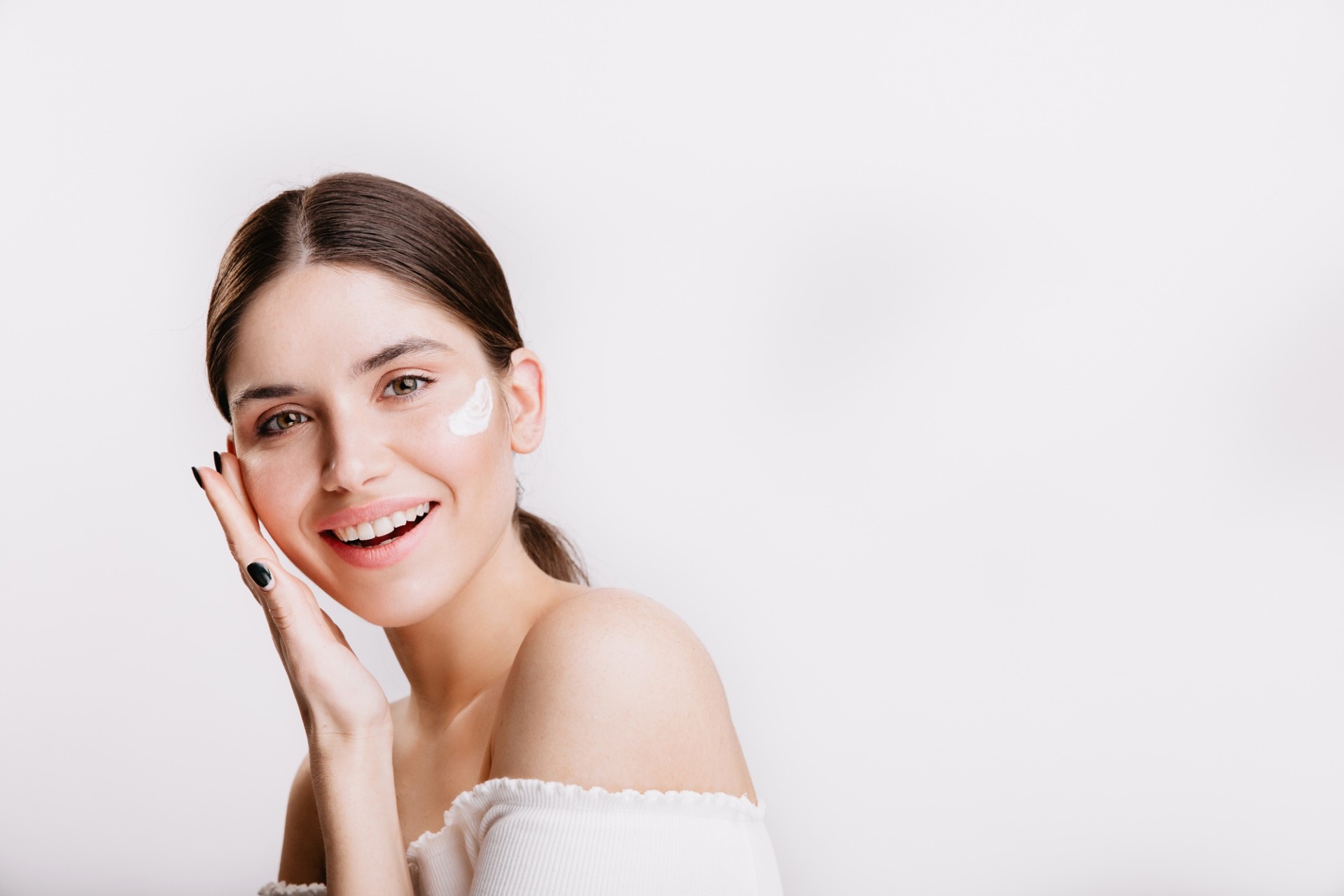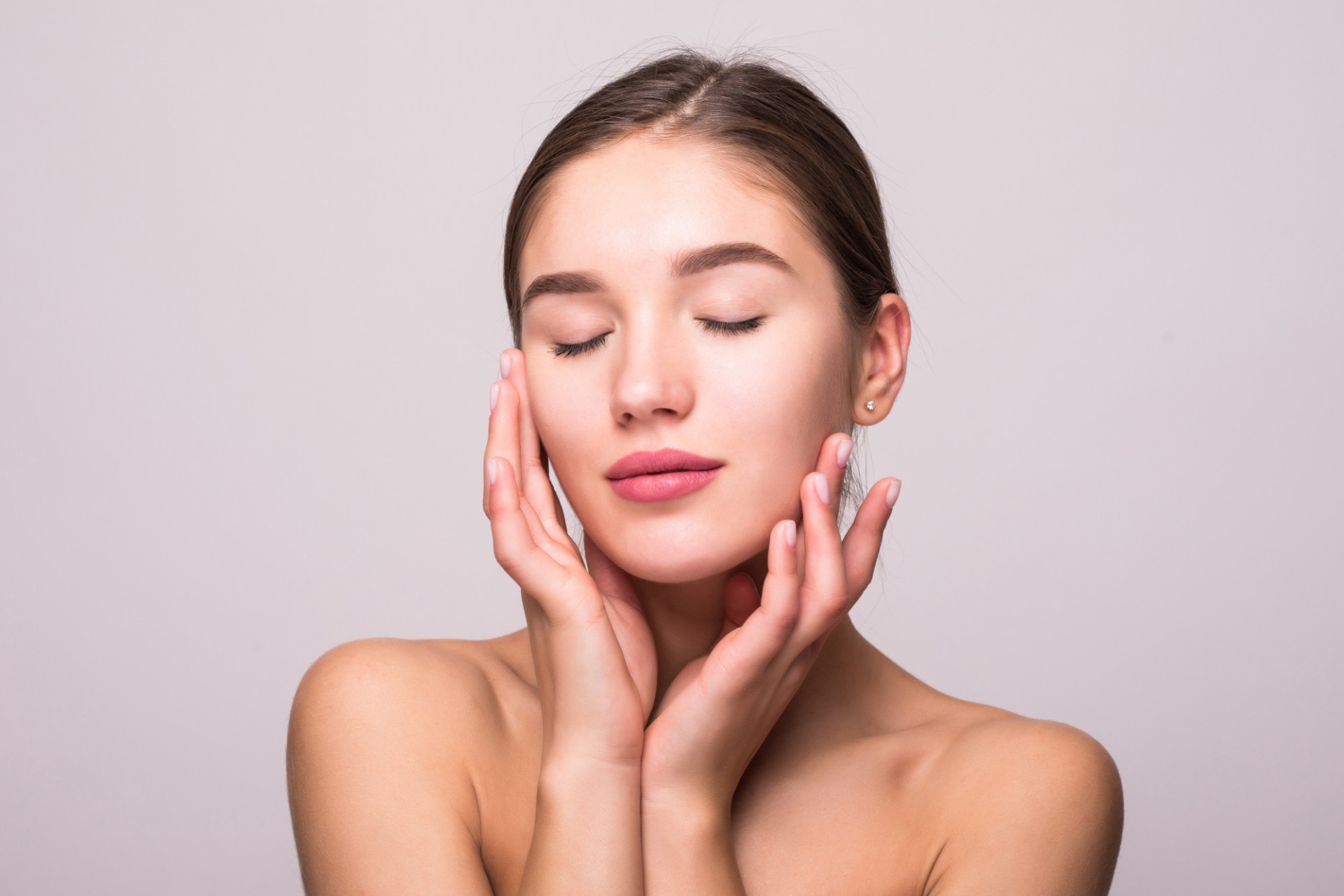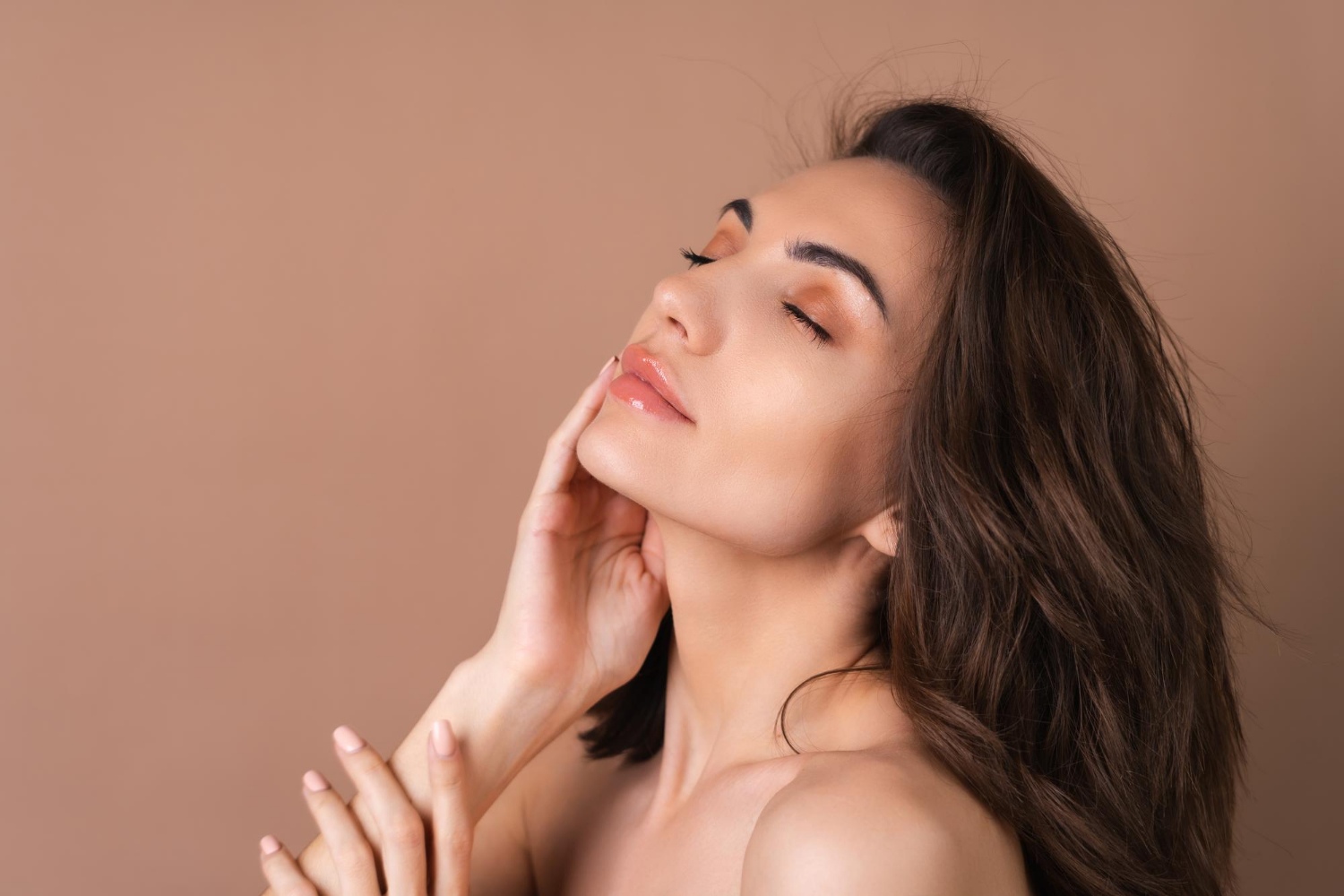10 Expert tips for maintaining healthy skin as you age
In today’s era with increasing awareness about skincare, everyone desires to age gracefully. But do you think it’s that simple? You must know that that holistic approach is the secret to healthy, youthful skin.
As we age, our skin tends to lose its elasticity, resulting in sagging and wrinkles. A balanced diet, adequate sleep, hydration, exercise, sun protection and incorporating the dermatologist recommended skin care routine as early as possible contribute significantly to delaying the process of ageing. Here are some expert tips for keeping your skin healthy and radiant:
1) Balanced diet – It is the most important and neglected aspect when it comes to skincare. Optimising your nutrition by consuming a balanced diet including fruits and green vegetables, adequate protein intake, healthy fats and adequate hydration is very important for healthy and glowing skin.
-
- a) Fruits and green leafy vegetables such as carrots, sweet potatoes, spinach, papaya and pumpkins protect against free radicals that may be triggered by smoking, pollution and sunlight.
- b) Vitamin C-rich foods such as oranges, kiwi, blueberries and strawberries support the immune system and promote collagen production.
- c) Healthy fats especially omega-3 found in avocados, fish, nuts and seeds are anti-inflammatory and also form the building blocks of healthy skin.
- d)Say no to high glycaemic index foods such as processed foods, sweetened dairy products and dairy products.
- e) Don’t crash diet.
2) Adequate hydration – Drink six to eight glasses of water a day. Hydration keeps your skin plump, thus reducing the appearance of fine lines and wrinkles.
3) Exercise – Exercising regularly drastically improves skin health by improving blood flow to nourish cells, improves lymphatic drainage that removes toxins from the skin, decreases the body’s elevated hormonal and immune response to stress, lastly prevents, and reverses the signs of ageing.
4) Sun protection – Chronic exposure to UV irradiation causes photo-ageing that is superimposed with ageing caused by the passage of time (chronological ageing). Taking photoprotective measures such as the use of sunscreens along with other measures such as wearing a wide-brimmed hat, carrying an umbrella, wearing protective clothing, or walking in the shade reduces the signs of photo ageing.
5)Adequate sleep – During sleep, blood flow to the skin increases and the organ rebuilds its collagen and repairs damage from UV exposure. Therefore, the results of poor sleep (less than 8 hours a day) include:
– skin that ages faster
– puffy, swollen eyes
– dark circles
– paler skin
Thus, embrace healthy sleep as a way to healthy skin.
6) Manage Stress – There are numerous studies that have shown a link between chronic stress and accelerated ageing. Managing your stress with the help of yoga, meditation and aerobics can play a vital role in delaying and reversing the signs of ageing.
7) Skin care routine – For vibrant and youthful skin, it is very important that you start following a dermatologist-recommended skincare routine as early as possible. Here are a few of the essential components that should be included in your skincare routine:
Moisturiser – As we age, the rate of collagen and elastin production reduces, which leads to sagging and wrinkles. However, keeping our skin moisturised can delay these signs of ageing. Regardless of your age and skin type (oily, dry, combination, normal), moisturiser should be applied twice a day, 365 days a year.
Sunscreen – A broad-spectrum sunscreen with an SPF of at least 30 should be applied every day to all sun-exposed areas, even on cloudy days and even when you are indoors. It should be reapplied every 2 hours, and after swimming, vigorous activity or excessive perspiration.
Here is the ‘Teaspoon rule’ of sunscreen application:
3ml (slightly more than half a teaspoon)
– for each arm
– for the face and neck
6ml (slightly more than a teaspoon)
– for each chest
– for the back
– for the legs
Vitamin C serum in skin care– It should be incorporated into your skincare routine as early as your 20s. It can be applied anytime during the daytime or nighttime. The benefits of using Vitamin C serum are-
– Promotes collagen synthesis, thus delaying ageing.
– Powerful antioxidant, that protects the skin from free radical damage.
– Depigmenting agent
– Powerful anti-inflammatory agent.
Retinoids serum as anti-ageing agents – Retinoids have gained a lot of popularity in the past, however, proper education about their effects, correct method of application, contraindications and side effects is still lacking.
Retinoids have potent anti-ageing properties as it fastens cell turnover and boosts collagen production, thus improving skin tone and reducing fine lines and wrinkles. Contraindications of topical retinoids include pregnancy, any history of hypersensitivity to the drug, caution if sunburn, photosensitivity and eczema. Common adverse effects of these drugs are irritation, redness, itching and retinoid dermatitis.
Here are some of the strategies to minimize these tolerability issues-
– Select the most tolerable retinoid formulation for climate and season, as suggested by your dermatologist.
– Mild irritation can be part of the treatment process but can be managed under a doctor’s guidance.
– Retinoids should be applied in a thin layer (fingertip or pea-sized dose). Avoid application near your eyes.
– Should be applied only at night.
– Gentle cleansing regimen and avoiding over-cleansing.
– Titrate retinoid dose at the initiation. Start with the alternate application, use a short contact period for the first 2-4 weeks ( apply to full face for 30-60mins then wash off).
– Apply a gentle, non-comedogenic moisturizer.
Bakuchiol , seaweed extract, rosehip oil and carrot seed oil are a few other anti-ageing agents available in the market. Bakuchiol increases cell turnover; seaweed extract increases hydration and smooths out wrinkles on dry skin; rosehip oil is rich in vitamin A and fights age spots and wrinkles; carrot seed oil slows down skin ageing and regulates sebum production.
8) Exfoliation: Regular exfoliation removes dead skin cells, unclogs pores and stimulates cell turnover, making your skin look refreshed and revitalized. The rate of cell turnover decreases with age, thus making it absolutely necessary to replace dead skin cells with new cells.
Exfoliation can be done at home with the help of mild scrubs, make sure you don’t overdo it. Chemical peels and microdermabrasion are other methods of exfoliation done under a dermatologist’s supervision.
9) Oral antioxidants- The skin cells continuously produce free radicals through cellular respiration, metabolic processes or external aggressions. With age, there is a decline of the endogenous antioxidant mechanisms, this is the time when exogenous antioxidants come to the rescue. Antioxidants are nutrients(vitamins and minerals) as well as enzymes that are capable of counteracting the damage caused by these free radicals. Vitamin A, C, E, selenium, pomegranate extract, green tea, coenzyme Q10 and carotenoids are examples of these antioxidants.
10) Dermatologist- recommended procedures- As it is said that prevention is better than cure, timely consultation with a dermatologist can help you in maintaining your skin well. Hydrafacial, photo facial, vampire facial, highly intense focussed ultrasound, threads, laser resurfacing, micro-needling radiofrequency, botulinum toxin, and hyaluronic acid fillers are common anti-ageing procedures done by dermatologists.
These expert tips can help you to keep your skin healthy and radiant as you age. Remember that always be gentle with your skin and consult a dermatologist for any skin-related concerns.
